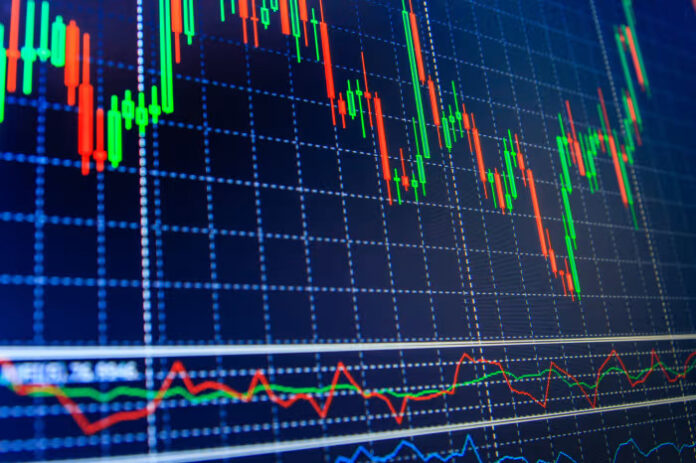Proprietary trading, or prop trading, involves firms trading stocks, bonds, currencies, commodities, or other financial instruments with their capital to generate profits. While it offers significant rewards, the path to success in prop trading is fraught with challenges. Traders must navigate a highly competitive environment, cope with considerable pressure, and continuously adapt to market changes. Understanding these challenges is crucial for anyone considering a career in prop trading. This article explores the top five challenges traders face at prop trading companies, providing insights into the complexities of this demanding field.
Market Volatility and Unpredictability
Market volatility is one of the most significant challenges faced by prop traders. Financial markets are inherently unpredictable, with prices influenced by numerous factors, including economic data, political events, and investor sentiment. This volatility can lead to sudden and sharp price movements, making it difficult to predict market direction accurately. Traders must develop robust risk management strategies to protect against potential losses. The constant need to adapt to rapidly changing market conditions requires traders to be resilient and agile.
High Pressure and Stress
The high-pressure environment of prop trading can be extremely challenging. Traders are often required to make quick decisions with significant amounts of money at stake. This pressure can lead to stress, which, if not managed properly, can impair decision-making and performance. The need to constantly monitor the markets and make rapid trades adds to the mental and emotional burden. Traders must develop effective coping mechanisms and maintain a healthy work-life balance to sustain long-term success.
Managing Risk and Capital
Effective risk management is crucial in prop trading, yet it poses a significant challenge. Traders must balance the potential for high returns with the need to protect their capital. This involves setting appropriate stop-loss levels, diversifying trades, and avoiding over-leveraging. The temptation to take on excessive risk in pursuit of higher profits can lead to significant losses. Traders need to develop a disciplined approach to risk management to ensure long-term profitability and sustainability.
Psychological Resilience
The psychological demands of prop trading are immense. Traders must deal with the emotional highs and lows associated with winning and losing trades. This can lead to emotional fatigue, anxiety, and even burnout if not managed properly. Developing psychological resilience is essential to cope with these challenges. Traders must cultivate a mindset that allows them to stay focused and rational, even in the face of significant losses or market turbulence.
Adapting to Technological Advances
Technology plays a critical role in modern prop trading, but staying ahead of technological advancements is a constant challenge. Trading platforms, algorithms, and data analysis tools are continually evolving. Traders must invest time in learning and adapting to new technologies to maintain a competitive edge. Falling behind in technological adoption can lead to reduced efficiency and missed trading opportunities. Keeping up with technological advances requires ongoing education and a proactive approach to leveraging new tools.
Competitive Environment
The competitive nature of prop trading firms adds another layer of difficulty. Traders are often pitted against each other, with performance closely monitored and compared. This environment can foster a high degree of competition, which, while motivating for some, can be daunting for others. The pressure to outperform peers can lead to stress and strained relationships. Navigating this competitive landscape requires strong interpersonal skills and the ability to thrive under scrutiny.
Regulatory Compliance
Adhering to regulatory requirements is a crucial yet challenging aspect of prop trading. Regulations are in place to ensure market integrity and protect investors, but they can also impose significant operational constraints. Traders must stay informed about regulatory changes and ensure their trading activities are compliant. Non-compliance can lead to severe penalties and damage to the firm’s reputation. Maintaining compliance requires diligence, attention to detail, and a thorough understanding of the regulatory environment.
Work-Life Balance
Achieving a healthy work-life balance is a significant challenge for prop traders. The demands of the job, including long hours and the need to constantly monitor the markets, can infringe on personal time. This imbalance can lead to burnout and negatively impact both professional performance and personal well-being. Traders must find ways to manage their time effectively and prioritize self-care. Establishing boundaries and making time for relaxation and hobbies are essential for maintaining overall health.
Conclusion
Prop trading offers substantial rewards but comes with a unique set of challenges that traders must navigate to succeed. Market volatility, high-pressure environments, and the need for consistent performance are just a few of the hurdles faced by traders. Effective risk management, psychological resilience, and continuous learning are essential for overcoming these challenges.



